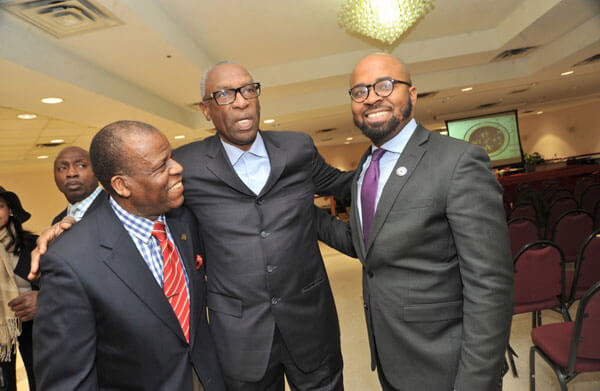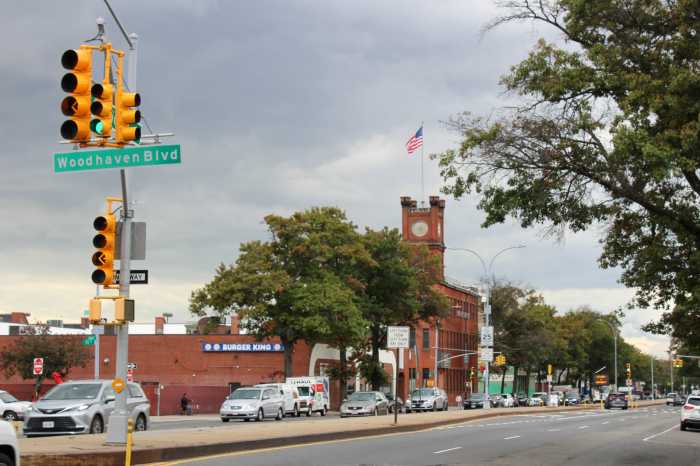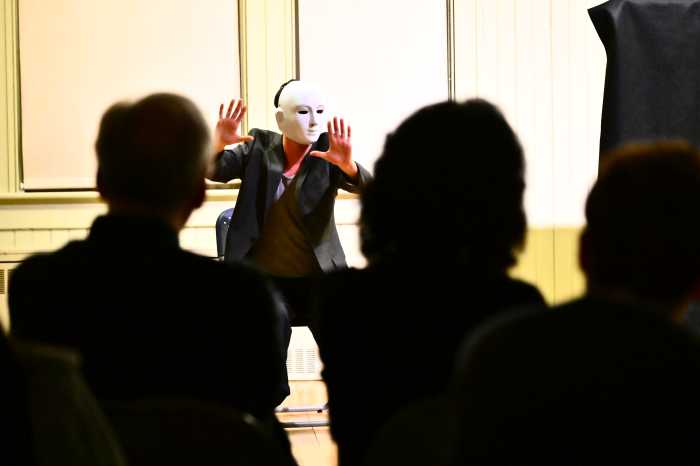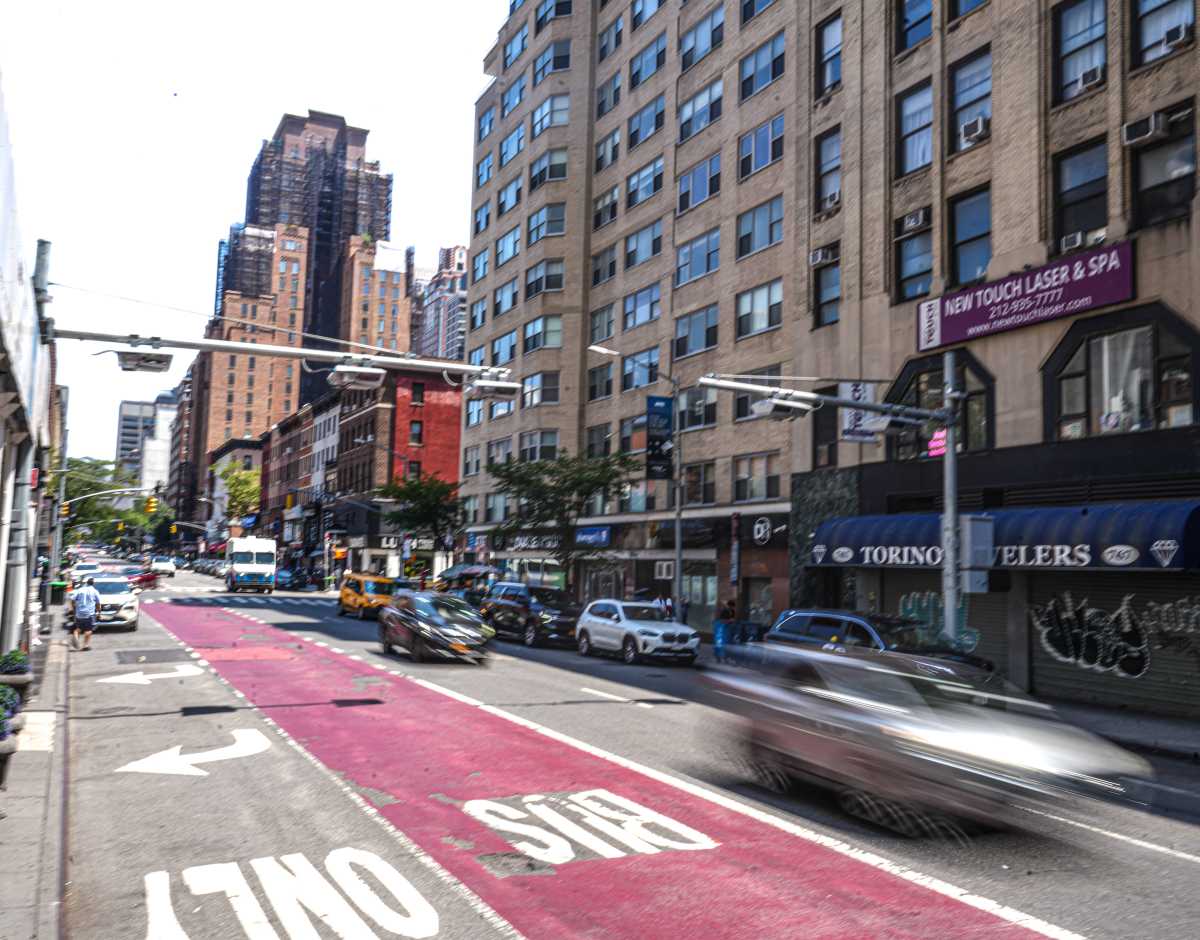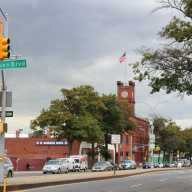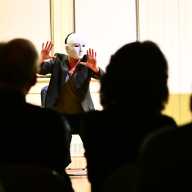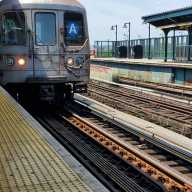By Patrick Donachie
The message was clear at the Greater Allen AME Cathedral: Congregations and houses of worship can act as intermediaries for parishioners and community residents endangered by foreclosure or rising rent prices.
An event to inform the public on their rights and avenues of action in the face of housing pressures was held in the basement of Allen AME in Jamaica Monday morning. Numerous representatives from multiple city, state and independent agencies attended, setting up tables to answer any questions community members had.
Rev. Andrew J. Wilkes, the cathedral’s director of social justice ministry, said the church community and parish should work to support each other.
“Often in the city, we think of congregations as centers of inspiration with folks who are exalting things that are eternal and matters divine,” he said.
“But congregations are also critical cavaliers of democracy,” Wilkes added, citing the role houses of worship play in delivering social services as well as being “key amplifiers and aggregators of policy preferences.”
Wilkes said the information was particularly important for southeast Queens residents. Queens accounted for 42 percent of first-time foreclosures in the city, with many of those foreclosures concentrated in southeast Queens, according to a recently published PropertyShark report on the rate of foreclosures in the city between 2015 and 2016.
“In southeast Queens, we’ve seen foreclosure rates through the roof,” Wilkes said, adding that residents needed informed advocates. “They’re looking for an expert to give trusted advice and be an intermediary between banks, if need be.”
Agencies present included the city’s Commission on Human Rights and the New York State Homes and Community Renewal program, as well as independent nonprofits like Habitat for Humanity and the Local Initiatives Support Corporation. LISC launched the New York Land Opportunity Program last fall, which offers pro bono expertise for “mission-driven” organizations like houses of worship or NPOs in how they can develop affordable housing on underutilized land.
Such expertise is sorely in demand, according to Jonathan Soto, the senior community liaison with the mayor’s Community Affairs Unit. Soto said houses of worship were often approached by developers interested in purchasing underutilized space. Those developers might not have an interest in including affordable units in any development, but the spiritual centers might want to make that a necessity for developing on their space.
“We’re providing free technical assistance for houses of worship to join in developing affordable housing,” Soto said about the partnership with LISC.
One attendee traveled all the way from her home in Washington Heights in upper Manhattan to learn more about rent relief options for elderly tenants. She said her building’s owner often tried to get her and other rent-stabilized tenants to leave the building, in order to maximize revenue in a market of skyrocketing median rents.
“And as soon as people leave, they turn two bedrooms into three bedrooms, studios into one bedrooms,” she said.
Reach reporter Patrick Donachie by e-mail at pdona

